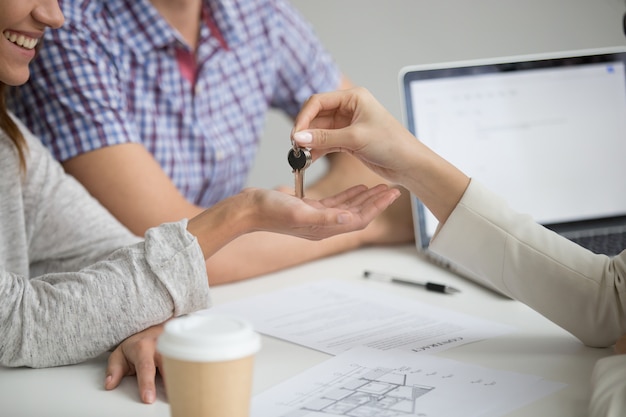
It’s official – we’ve moved! We’re finally settled into our new house in a new city, and we’re loving it!
This is just the second house my wife and I have bought. Our first one was back when I was 24. Now that our first house is on the market for roughly the same price we bought it for 11 years ago, it made me wonder: What if we hadn’t bought the house back then and did something else with the money? Would we be better off financially today?
It’s a fun question to think about, but it’s a real and tough decision for many young professionals. They often face the choice of renting or settling down with a starter home. While buying your first home can be exciting, waiting a few years before becoming a homeowner might actually make more financial sense.
Let’s explore some common myths that urge us to buy a home as soon as possible.
Many things in life suggest that buying a home is a good idea—especially the notion that it’s a solid investment. For example, people from the baby-boomer generation often say “buying a house is an investment.” My wife and I are currently testing this theory. We’re trying to sell our house of 11 years for about the same price we paid back then. By the time it sells, we’ll likely get slightly less than what we paid for it.
When you factor in all the upgrades and investments we’ve made over the years, we’re unlikely to make our money back. Yale’s Dr. Robert Shiller has pointed out that home values increased by an average real rate of only 0.2% between 1900 and 2000. Adjusted for inflation, this means that when your parents bought a house for $100,000 and sold it later for $150,000, the increase was mostly due to inflation, not an actual rise in value. A 0.2% return is quite low. If someone offered you an investment with that return rate, you’d likely decline.
So, what else could we do with our money that would yield better returns? Is there something that would make me richer if I had waited until age 34 to buy a home? Absolutely!
Let me illustrate this with two scenarios. Let’s see what would happen by the time you turn 64 if:
Scenario A: You delay buying a house and start saving for retirement right away. At age 24, you begin putting $500 per month into a tax-sheltered savings account like a 401(k). After 10 years with a compounded annual return rate of 10%, your account would be worth $95,625. Then you use this money to help finance your new home and stop contributing to your 401(k). That $95,625 continues to grow for the next 30 years, reaching $1,668,591 by retirement.
Scenario B: You buy a house at age 24 and don’t start saving for retirement until you’re 34. You save $500 per month for the next 30 years. By retirement, your account would be worth $986,964.
Scenario A wins with $681,627 more by the time you retire. The power of compounding returns makes this possible, with time being the key factor. By starting earlier, you give your money more time to grow. Even after stopping contributions at age 34, the initial savings continue to compound significantly. Imagine how much you’d have if you continued saving.
Besides starting early, another factor is the return rate on investments. Stocks, which make up most retirement accounts, have about a 10% return rate annually, or 7% after adjusting for inflation. This can outperform real estate, especially when interest rates are low.
While some might argue that houses increase in value over time, Dr. Shiller’s research suggests this increase is often just due to inflation. Compared to the stock market’s returns, stocks usually win.
This exercise isn’t to discourage anyone from buying a house at any age. Homeownership has its benefits and can provide great memories. This article aims to make you think and challenge traditional wisdom to see which financial moves offer the best returns.
So, should everyone wait until their 30s to buy a home? Not necessarily. The choice is yours. There are many qualitative reasons to buy a house, such as personal happiness and long-term plans, that aren’t solely based on financial returns. Just remember, a house is a home, not an investment. Buy one because you love it and see yourself living there, not just for financial gain.
Readers: What would you advise a young person in their 20s—buy a house or save for retirement? Looking back, what would you have preferred?
